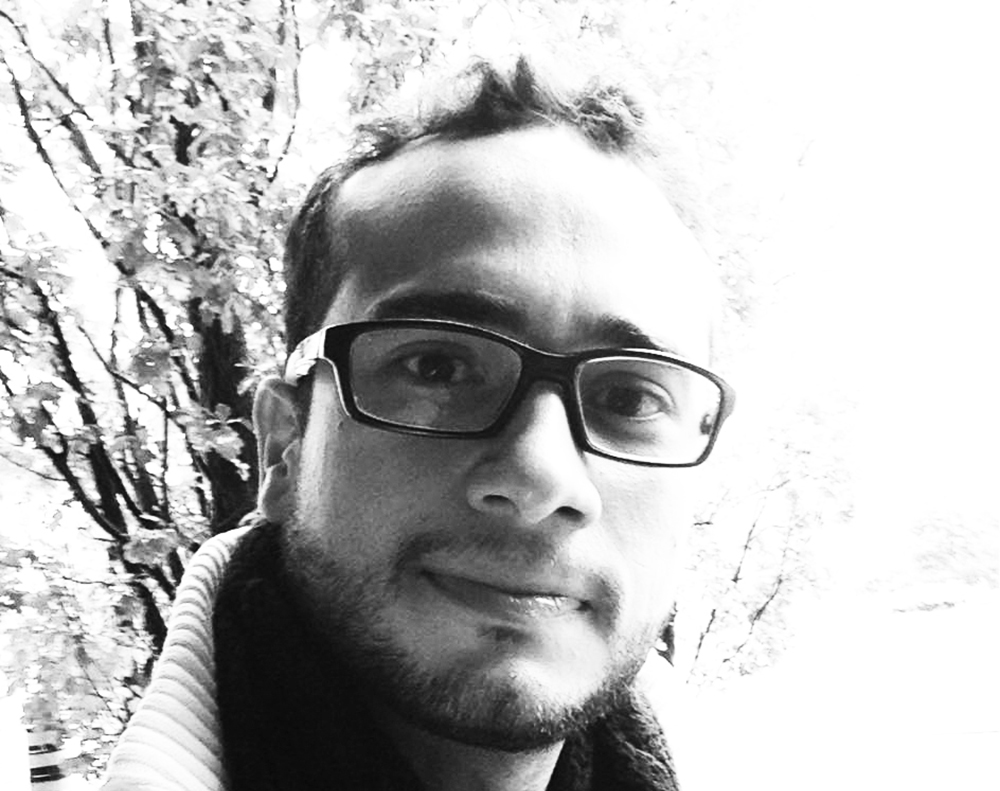Matt Dionne | Assistant News Editor
Featured image: Bruno Véras’ project won R$20,000 from several organizations for his project Africa Displayed. | Courtesy of Bruno Véras
York PhD candidate Bruno Véras has won the Antonieta de Barros Award for his work within the Brazilian community.
Veras is a history student in the Liberal Arts & Professional Studies department, as well as the director of a project called the África Aparece: Linguagem, Ensino Debates sobre a Cultura Afro-Brasileira program, which translates to Africa Displayed: Language, Education and Debates on the Afro-Brazilian Culture.
The project was implemented in the Zequinha Barreto State Public School in the community of Dom Hélder Câmara in Pernambuco, northeastern Brazil.
Its goal is to promote Afro-Brazilian culture, stimulate positive memories of Africa and enhance self-esteem among the black youth in the community through a series of workshops on photography, plastic arts, film screenings and educational exhibits.
“In the photography workshops, for example, the youth learned how to use their [phone to properly] take pictures,” says Véras.
“We had a similar activity during the Harriet Tubman Student Summer Programme.”
As part of the program, the Brazilian teens studied the work of photographer Pierre Verger, who captured African traditions in different parts of the word.
“In the end, the students took their own pictures inspired by what they learned and organized an exhibit for the whole community,” says Véras.
“The Cineclub was also a very interesting activity. We always had a special guest to comment and debate the films: historians, anthropologists and a priest of African-Brazilian religions,” he adds.
So far the project has won R$20,000 from several different organizations, including the Secretariat for the Promotion of Racial Equality, the Ministry of Education and Culture in Brazil, as well as advisory support from the Harriet Tubman Institute, York University.
According to Véras, the majority of the Brazilian population has ancestors from parts of Africa, but this history is often misrepresented in the media and schools and is part of why he initially started the program.
“One of the aims of our project was to bring this history without stereotypes. The knowhow and support of the Harriet Tubman Institute for Research on Africa, especially my supervisor Professor Paul Lovejoy, was really important in the process of creating the activities,” says Véras.
“The workshops and other actions created a space where the students could learn and identify themselves with the history they were studying in a positive way,” he adds.


